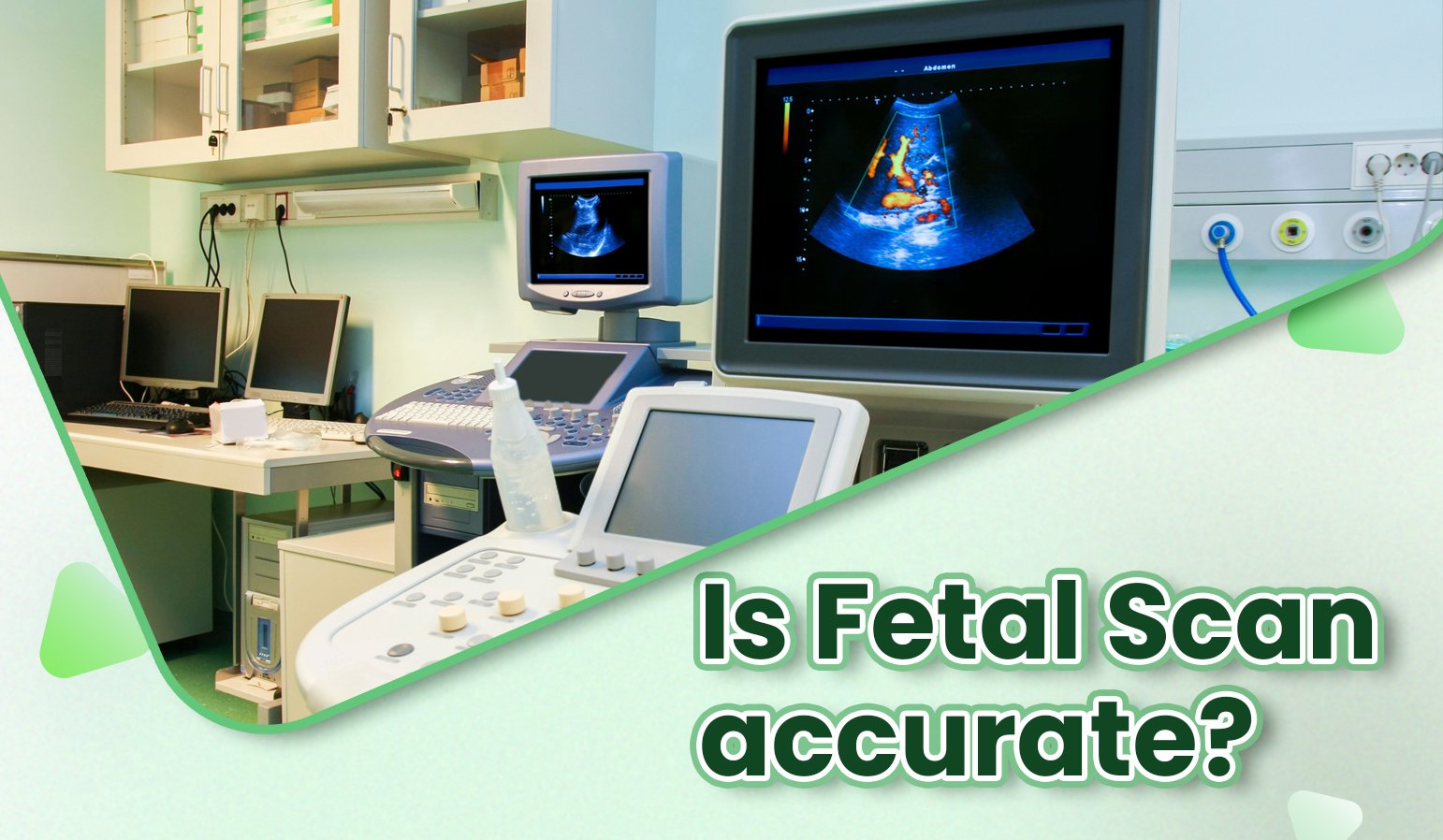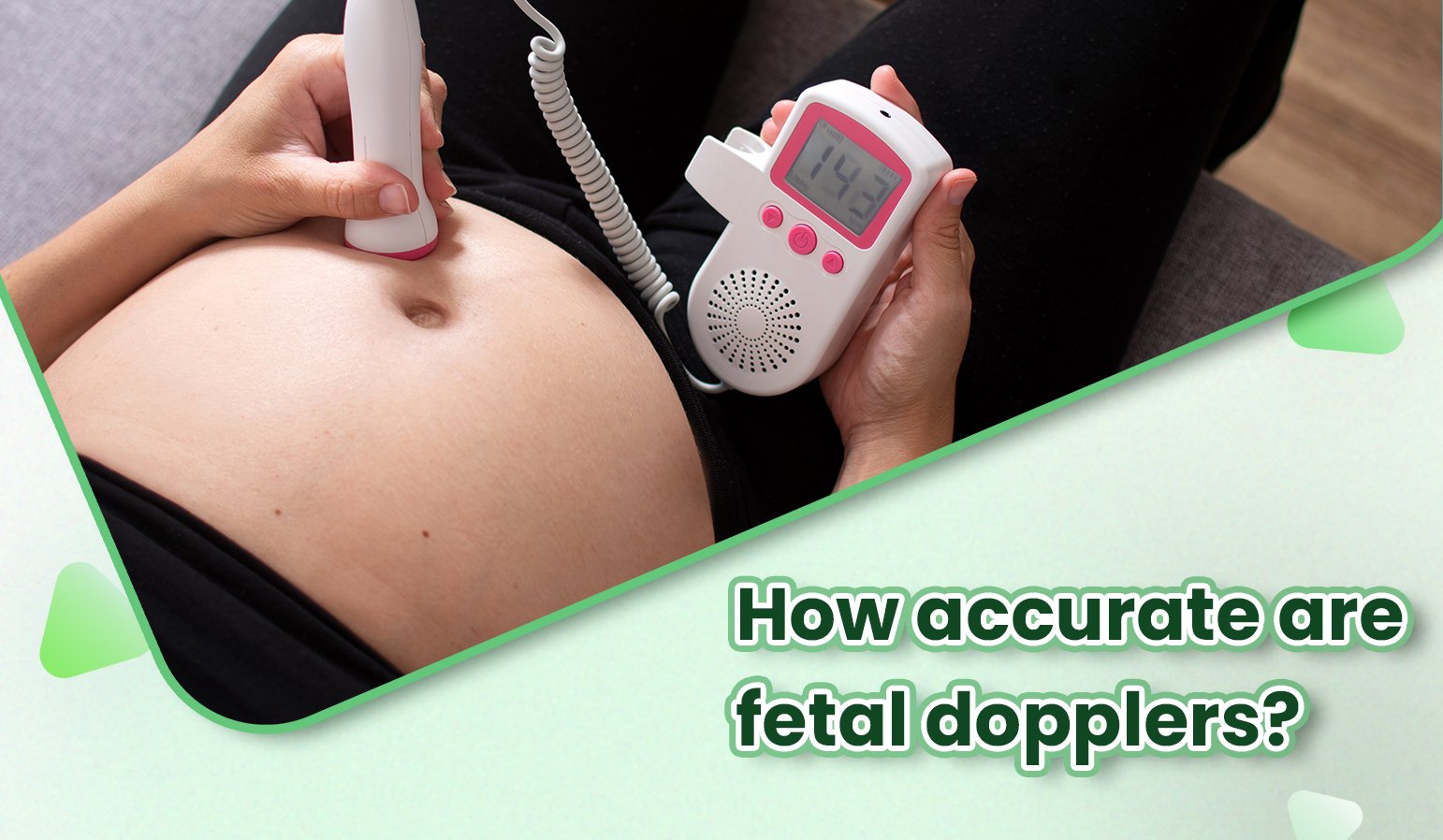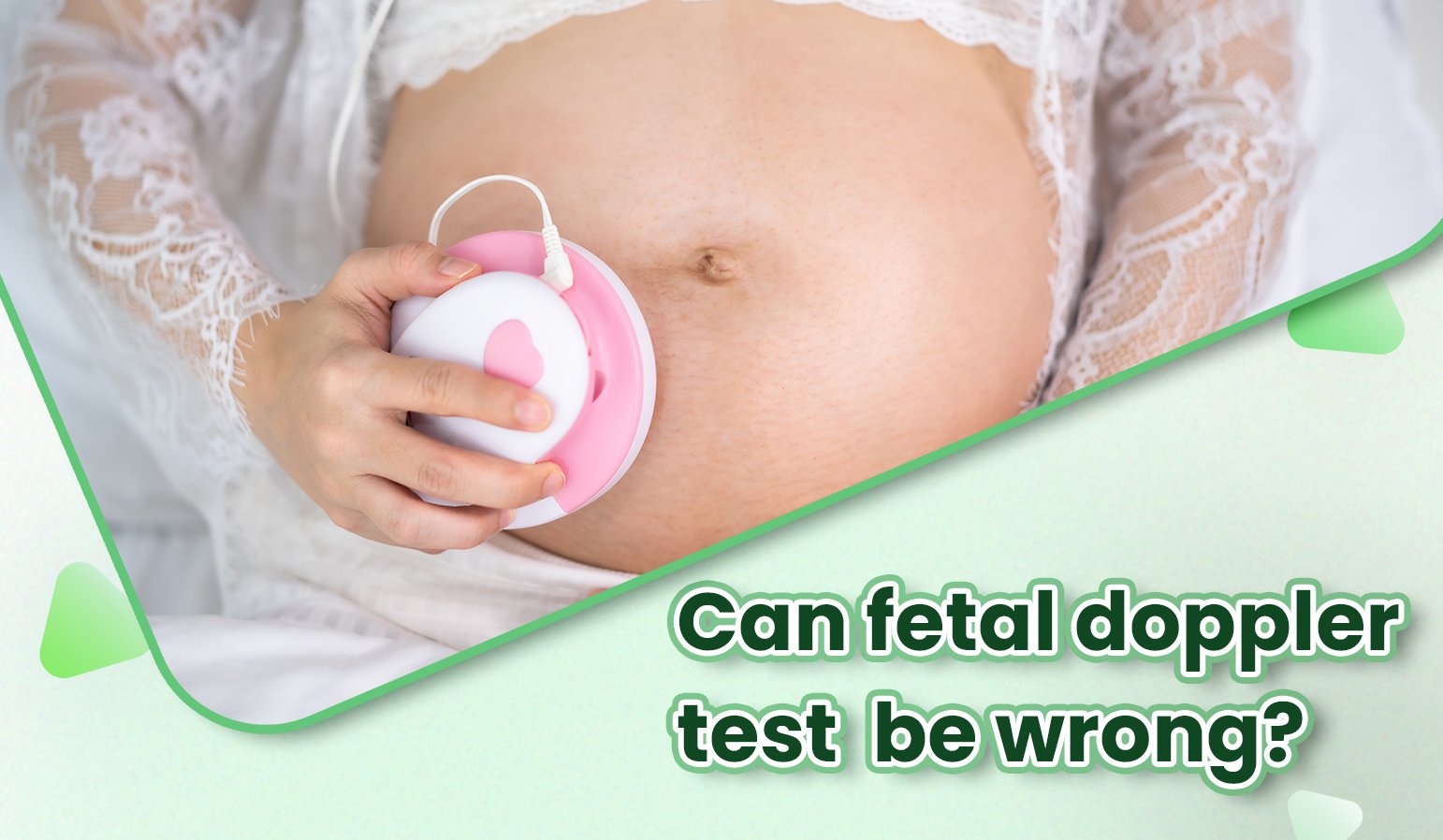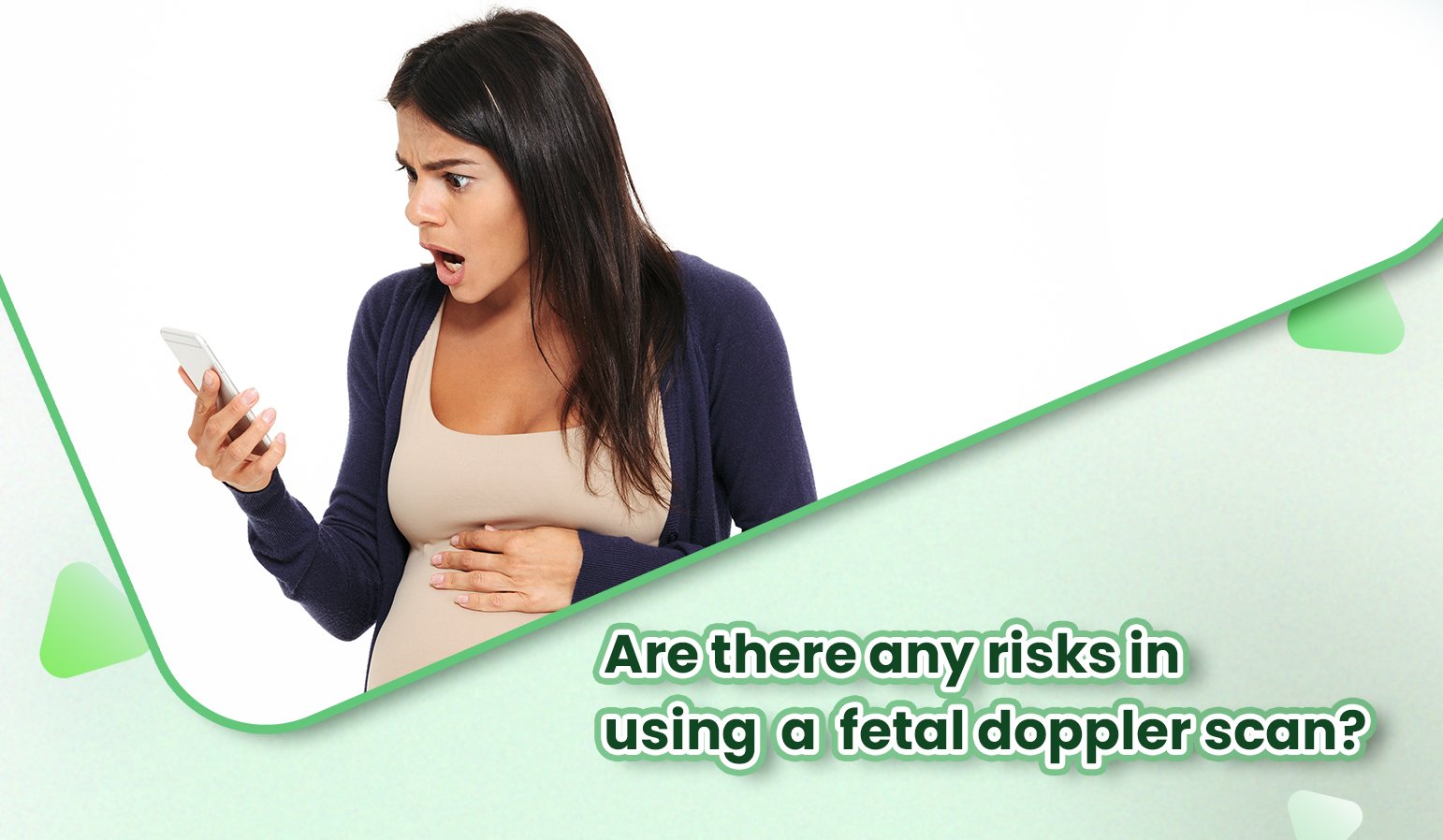Table of Contents
ToggleIs Fetal Scan accurate?
Before we answer that question, let us understand what a fetal doppler scan is. Doppler fetal monitors are ultrasound devices used to detect a fetal heartbeat. They work by using the Doppler effect to generate an audible simulation of the heartbeat.
This allows obstetricians and other medical professionals to keep track of the fetus’s heart rate and general well-being. Some models of Doppler fetal monitor also display the heart rate in beats per minute (BPM).
Doppler fetal monitors have many advantages over other methods of prenatal care, such as fetoscopes. One advantage is that multiple people can listen to the heartbeat rather than just the person using the device.
Additionally, because they are electronic, Doppler fetal monitors are generally more reliable than acoustic devices. However, they are also more expensive and complex, which may be disadvantageous for some users.
How accurate are fetal doppler ?
Home fetal dopplers are not as accurate as doctor appointments. They are made for in-between appointments, so you cannot rely on them as your only source of information.
One of the reasons for this is that home fetal dopplers can be of poor quality. Think about it: Your doctor will always have medical-grade, accurate equipment approved by any required safety agencies.
But practically any company can create an inferior device (or perhaps worse — an app for said device), call it fetal doppler, and sell it online with little to no regulation.
This is akin to the Wild, Wild West regarding accuracy and safety. You cannot always be sure whether you’re getting an accurate and safe product when you make these kinds of purchases without proper research.
More importantly, your OBGYN is trained to operate said doppler machines. They know what all the sounds mean — there’s plenty going on in there! — and they know what concerning noise versus non-concerning noise sounds like.
Can fetal doppler test be wrong?
An at-home fetal Doppler can be a helpful tool for expectant parents, but there are some things to keep in mind when using it. First, it may be difficult to find the baby’s heart rate. This can lead to anxiety and frustration for parents who are not able to find the heartbeat right away.
Additionally, because commercial fetal Dopplers are not regulated by quality control standards, it is possible that they may emit excessive ultrasound exposure, which can be harmful to the developing baby. Doctors are not sure of the long-term effects of this exposure, but it is best to err on the side of caution.
On the other hand, fetal doppler done with medical-grade equipment by your doctor are much more accurate and also a lot safer. So, always go to the doctor for a doppler scan if it is possible.
Are there any risks in using a fetal doppler?
Fetal dopplers are devices that emit soundwaves in order to listen to the fetal heartbeat. These soundwaves are harmless to both you and the baby. However, it is important to note that at-home fetal dopplers should not be used as substitutes for doctor’s appointments.
Rather, they should be seen as tools to help connect with your baby between appointments. Using the doppler one to two times per week for brief periods of time is perfectly safe for both you and your baby. There is no medical research to suggest that ultrasounds are harmful.
However, it is important to remember that fetal dopplers cannot give you an accurate picture of your baby’s health. Therefore, suspicion of any health problems should prompt an immediate visit to the doctor. Babies can have health issues despite having strong heartbeats, so it is always better to err on the side of caution.
Also, Understand “Every pregnancy scan — what it shows and how to read it“
Chennai Women’s Clinic is now Jammi Scans
Deepthi
Dr. Deepthi Jammi (Director, Jammi Scans) is a qualified OB/GYN and Post-Doc in Maternal Fetal Medicine. As a pregnancy ultrasound expert, she is passionate about healthy pregnancies and works towards spreading awareness on the latest diagnostic options available for parents to choose from. Dr.Deepthi has received gold medals and awards in Fetal Medicine at international and national conferences, and has appeared in numerous prestigious regional magazines and TV interviews.








